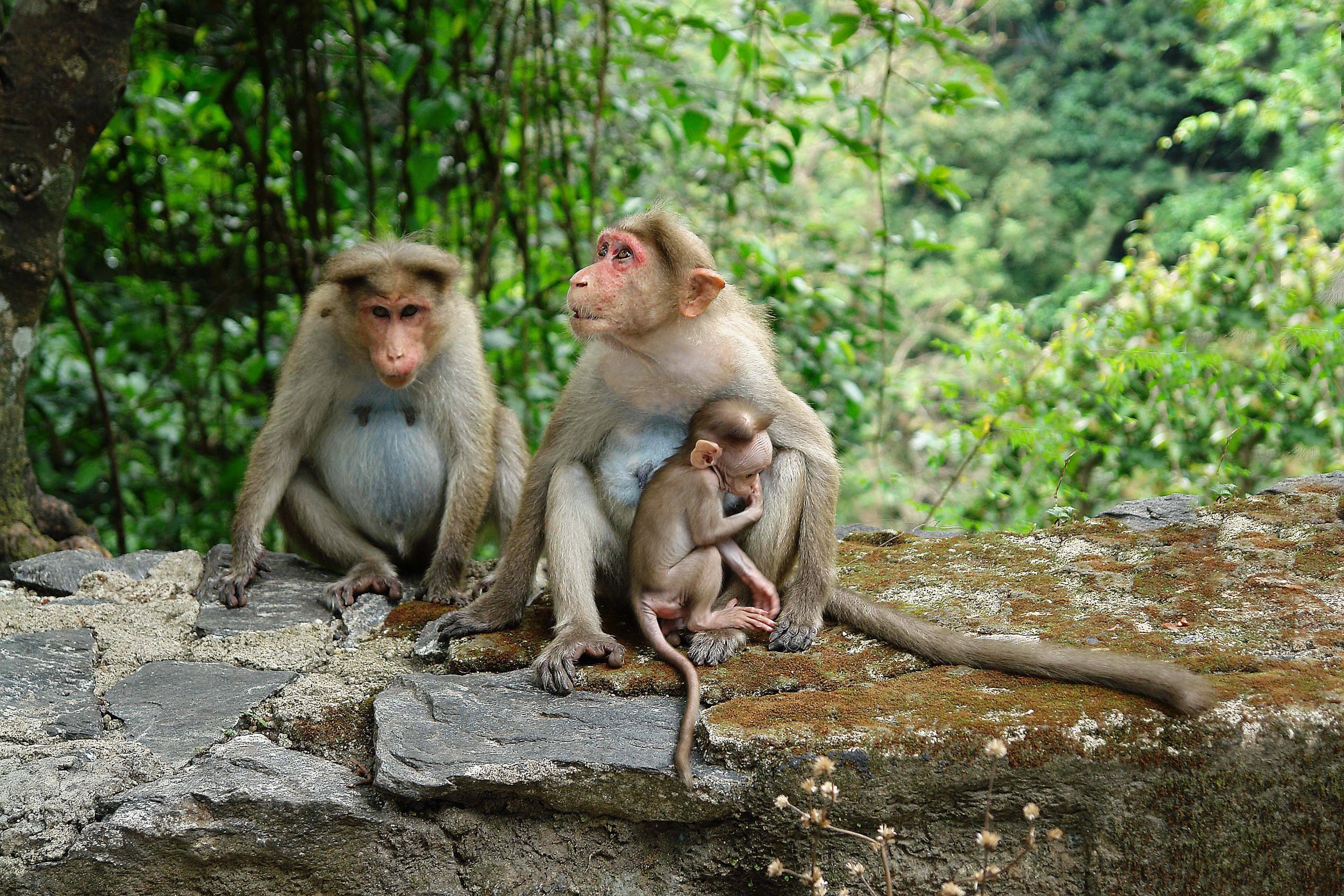Harry Frederick Harlow (1905-1981) was an American psychologist best known for his maternal-separation, dependency needs, and social isolation experiments on rhesus monkeys. This has manifested the importance of caregiving and companionship to social and cognitive development.
Harlow wanted to study the bond between newborn rhesus monkeys with their mothers. These infants were highly dependent on their mothers for nutrition, protection, comfort, and socialization. The behavioral theory of attachment suggests that an infant would form an attachment with a caregiver that provides food. In contrast, Harlow’s explanation was that attachment develops as a result of needing tactile comfort, such as wanting to touch and cling to something or someone for emotional support.
To study his theory, he had two different forms of experiments:
1. Infant monkey reared in isolation – babies were isolated from birth and had no contact with anybody else. Some were kept isolated for three months, some for six, some for nine, and some for one year. He then put them back with other monkeys to see the effect their lack of attachment had on behavior.
The results: Monkeys engaged in behaviors, such as clutching their own bodies and rocking compulsively. The babies were scared of other monkeys and became aggressive towards them. They were unable to communicate or socialize with other monkeys. They began to tear their hair out, scratch, and bite themselves.
2. Infant monkeys reared with surrogate mothers – babies were placed in cages with access to two surrogate mothers: one made of wire and one covered in soft cloths. Half of the monkeys were able to get milk from the wire mother and the other half got milk from the cloth mother. This experiment lasted 165 days.
The results: Both groups of monkeys spent more time with the cloth mother, even when she had no milk. The babies who received milk from the wire mother only went to her when hungry. After eating, they would return to the cloth mother for the rest of the day.
The study concluded that for a monkey to develop normally they must have some interaction with an object they can cling to during the first months of life, which is considered a critical period. Clinging is a natural response, which tends to decrease stress. Harlow also concluded that early social deprivation leads to emotional damage, but it can be reversed in monkeys if an attachment was made before the end of the critical period. If social deprivation lasted after the end of the critical period, then no amount of exposure to mothers or peers altered the emotional damage.
Ethics of the Study
This work has been highly criticized and has been seen as unnecessarily cruel and unethical. It was clear that the monkeys in this study suffered from emotional harm when reared in isolation. It was also later discovered that the study created a state of anxiety in female monkeys, which had implications once they became parents.
Interested in psychology? Learn more about how Modern Therapy is revolutionizing the field of talk therapy – click here.
